9 Black-Owned Businesses That Paved the Way in the 20th Century
Black entrepreneurs in the 20th century demonstrated extraordinary resilience and ingenuity, establishing businesses that profoundly influenced America’s economic, cultural, and social landscapes. Despite facing systemic discrimination and limited access to capital, these visionaries broke barriers, creating opportunities and inspiring future generations.
Their stories not only highlight triumph over adversity but also underscore the lasting impact of Black-owned enterprises on society. Discover more about their remarkable journeys from sources like History.com and National Geographic.
1. Madam C.J. Walker Manufacturing Company

Madam C.J. Walker Manufacturing Company revolutionized the beauty industry after its founding in 1906 by Madam C.J. Walker, recognized as America’s first self-made female millionaire. Specializing in hair care products for Black women, the company not only provided innovative beauty solutions but also created economic opportunities for thousands of women as sales agents.
Walker’s philanthropic efforts supported education, civil rights, and community organizations, leaving an enduring legacy of empowerment and social progress. Her visionary approach continues to inspire entrepreneurs today. Learn more about her remarkable journey at the National Park Service.
2. The Chicago Defender

The Chicago Defender, founded in 1905 by Robert S. Abbott, became one of the most influential Black-owned newspapers in American history. The paper played a critical role in fueling the Great Migration, encouraging African Americans in the South to move North for greater opportunities.
Through fearless journalism and activism, The Chicago Defender championed civil rights, exposed racial injustices, and gave a powerful platform to Black writers, artists, and leaders. Its impact on public opinion and social change is still felt today. Discover more about its legacy at Encyclopaedia Britannica.
3. Motown Records

Motown Records, founded by Berry Gordy in 1959 in Detroit, revolutionized the music industry and became a global symbol of Black entrepreneurship. Motown’s innovative sound and business practices launched the careers of legendary artists like Stevie Wonder, Diana Ross & The Supremes, Marvin Gaye, and The Temptations.
The label’s ability to cross racial divides in music transformed popular culture and brought Black artistry to the mainstream. Motown’s business model, which emphasized artist development, production quality, and creative control, set new standards for Black-owned entertainment ventures. Dive deeper into the Motown legacy at History.com.
4. Atlanta Life Insurance Company
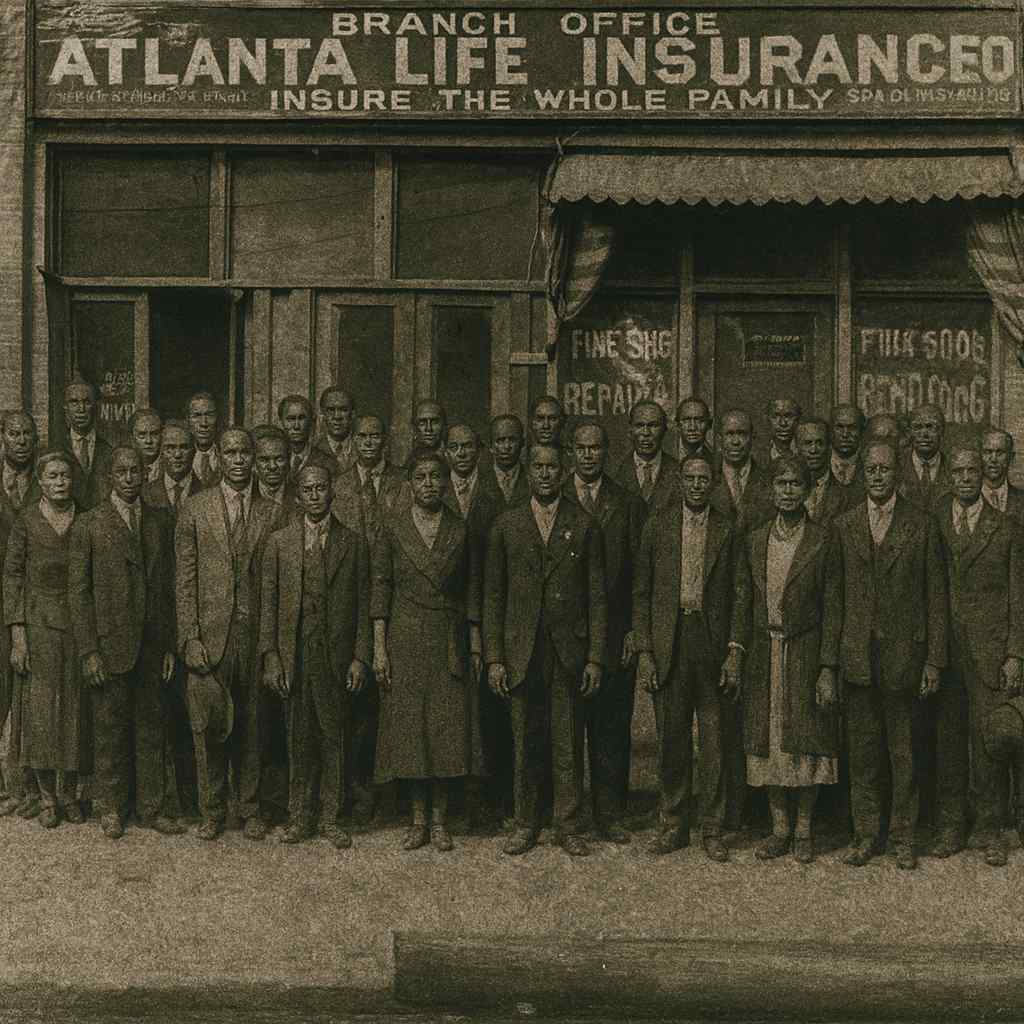
Atlanta Life Insurance Company was founded in 1905 by Alonzo Herndon, a visionary entrepreneur who was born into slavery. The company emerged as a crucial institution, offering life insurance and financial services to Black Americans at a time when discriminatory practices excluded them from mainstream providers.
Atlanta Life not only promoted economic independence and security within Black communities but also invested in civic and social causes. Today, it stands as a lasting symbol of resilience, innovation, and Black entrepreneurship. Learn more about its remarkable history at the New Georgia Encyclopedia.
5. Ebony and Jet Magazines

Ebony and Jet magazines, launched by John H. Johnson in the mid-20th century, became cornerstone publications that celebrated Black life, achievements, and culture. These magazines provided positive representation, chronicled pivotal civil rights milestones, and offered a platform for Black voices during times when mainstream media excluded them.
With widespread circulation and loyal readership, Ebony and Jet created a powerful media empire that influenced generations and shaped public perception. Their covers, stories, and photojournalism documented everything from everyday experiences to historic events. Explore their cultural impact at the Smithsonian Magazine.
6. Fuller Products Company

Fuller Products Company, founded by Samuel B. Fuller in 1929, became a trailblazer in Black entrepreneurship through its innovative door-to-door sales model. The company manufactured and distributed household and personal care products, creating employment and business opportunities for thousands of Black Americans during a time of widespread discrimination.
Fuller’s dedication to economic empowerment helped foster a generation of Black business leaders and sales professionals. His legacy remains influential in the principles of independent sales and self-reliance. Learn more about Samuel B. Fuller’s remarkable impact at BlackPast.
7. Supreme Life Insurance Company
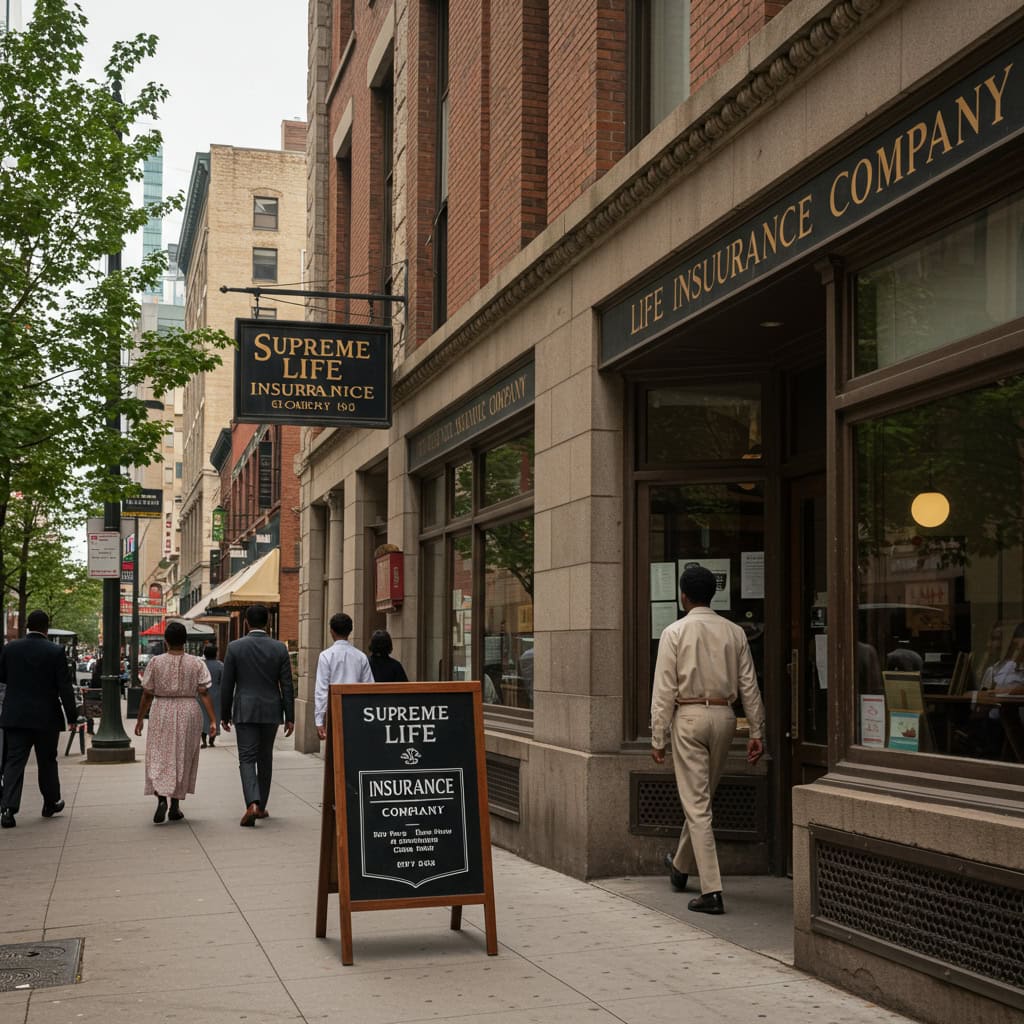
Supreme Life Insurance Company, established in Chicago in 1919, became a beacon of hope for Black Americans denied access to mainstream insurance providers. By offering life insurance and other financial services, Supreme Life played a crucial role in building Black wealth and fostering economic independence.
The company’s success also contributed to the growth of Black-owned businesses and the development of community infrastructure, including supporting churches, schools, and social organizations. Its legacy highlights the profound social impact of Black-owned financial institutions. Discover more about Supreme Life’s historical significance at the Encyclopedia of Chicago.
8. The Douglass National Bank
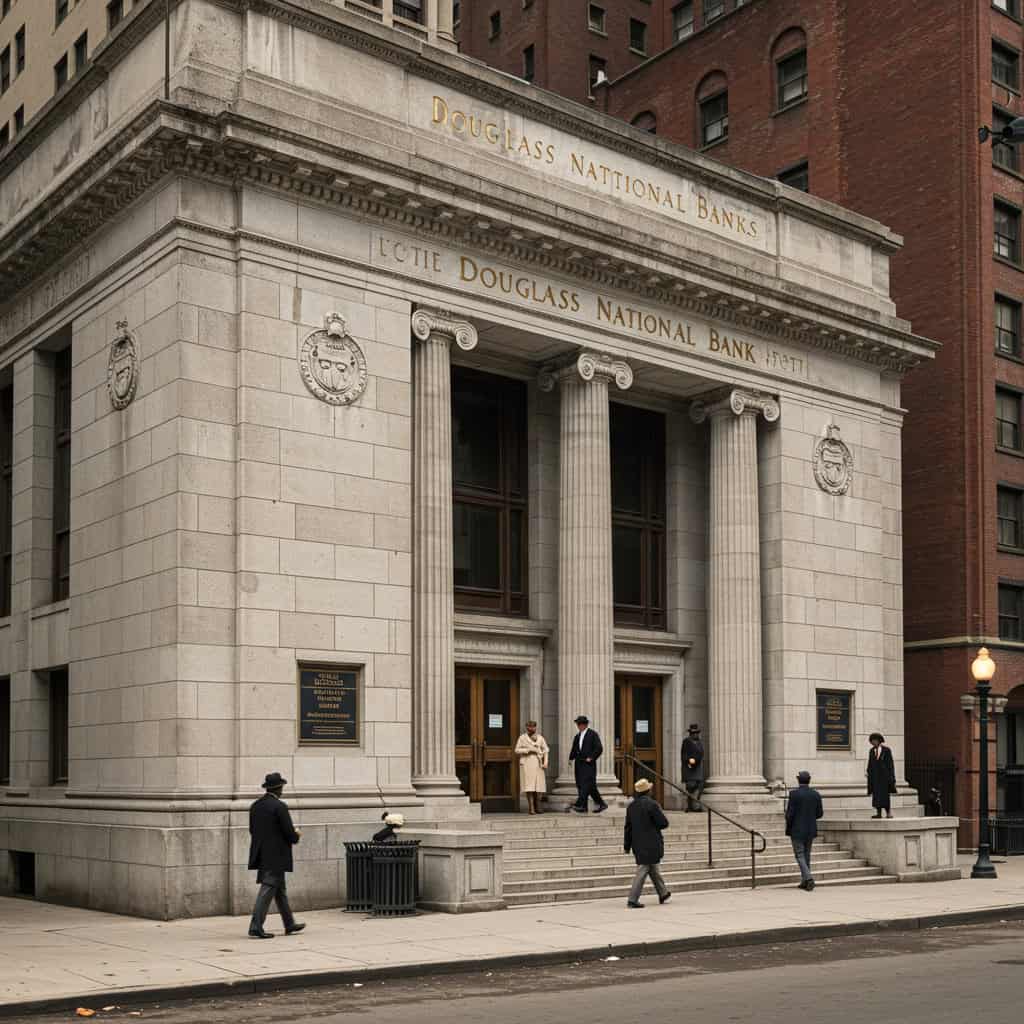
The Douglass National Bank of Kansas City, established in 1923, was the first nationally chartered Black-owned bank in the United States. It played a vital role in providing loans and essential financial services to Black individuals and businesses who were routinely denied access to mainstream banks.
By supporting entrepreneurship, homeownership, and economic development, Douglass National Bank helped lay the foundation for thriving Black communities. Its pioneering efforts remain a testament to the importance of financial institutions in advancing social and economic equity. Learn more about its legacy at the Kansas Historical Society.
9. The Harlem Renaissance Ballrooms
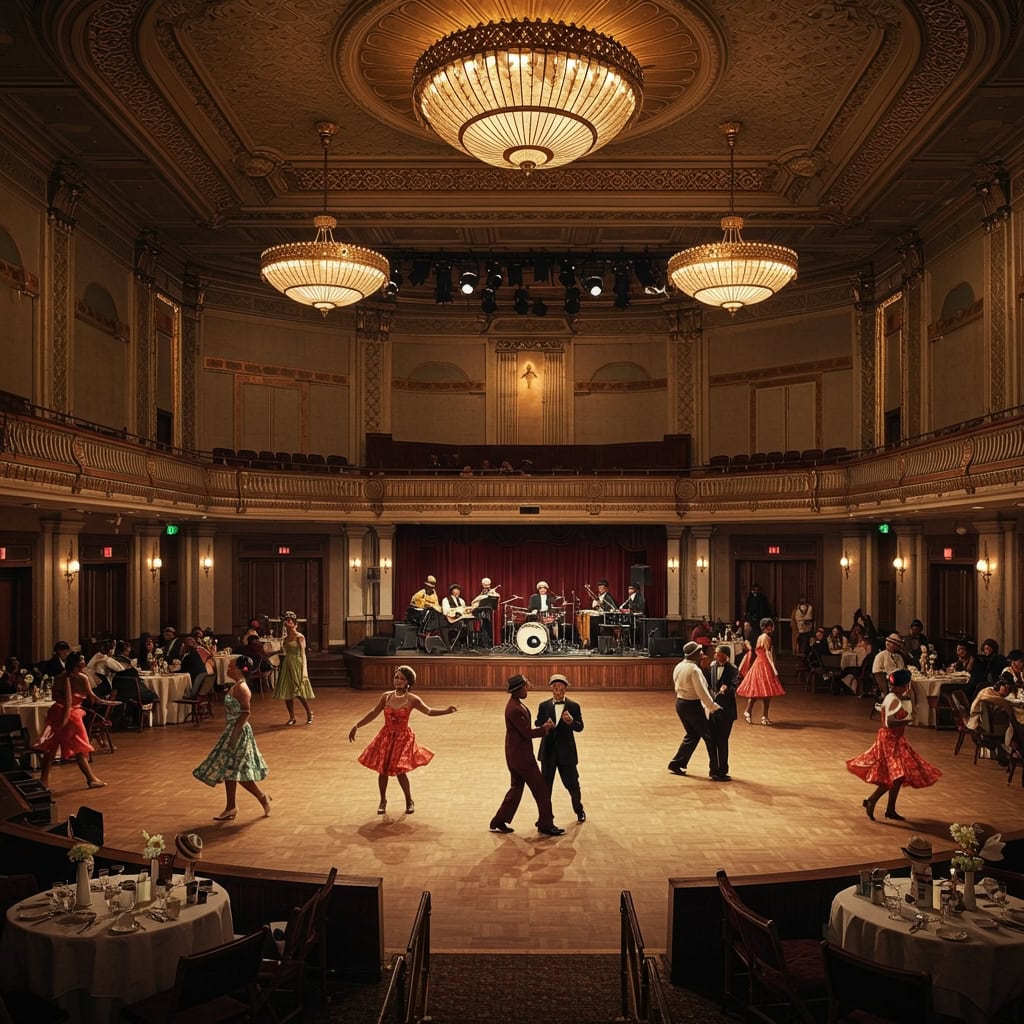
Black-owned entertainment venues such as the Savoy and Renaissance Ballrooms were iconic centers of culture and enterprise during the Harlem Renaissance. These ballrooms, owned and operated by Black entrepreneurs, provided safe, vibrant spaces for legendary musicians, dancers, and community gatherings in an era marked by segregation.
They not only showcased Black artistic excellence but also empowered economic growth by supporting jobs and businesses within Harlem. Their legacy endures as symbols of creativity, resilience, and entrepreneurial spirit. Discover more about the cultural significance of these venues at The New York Times.
Conclusion
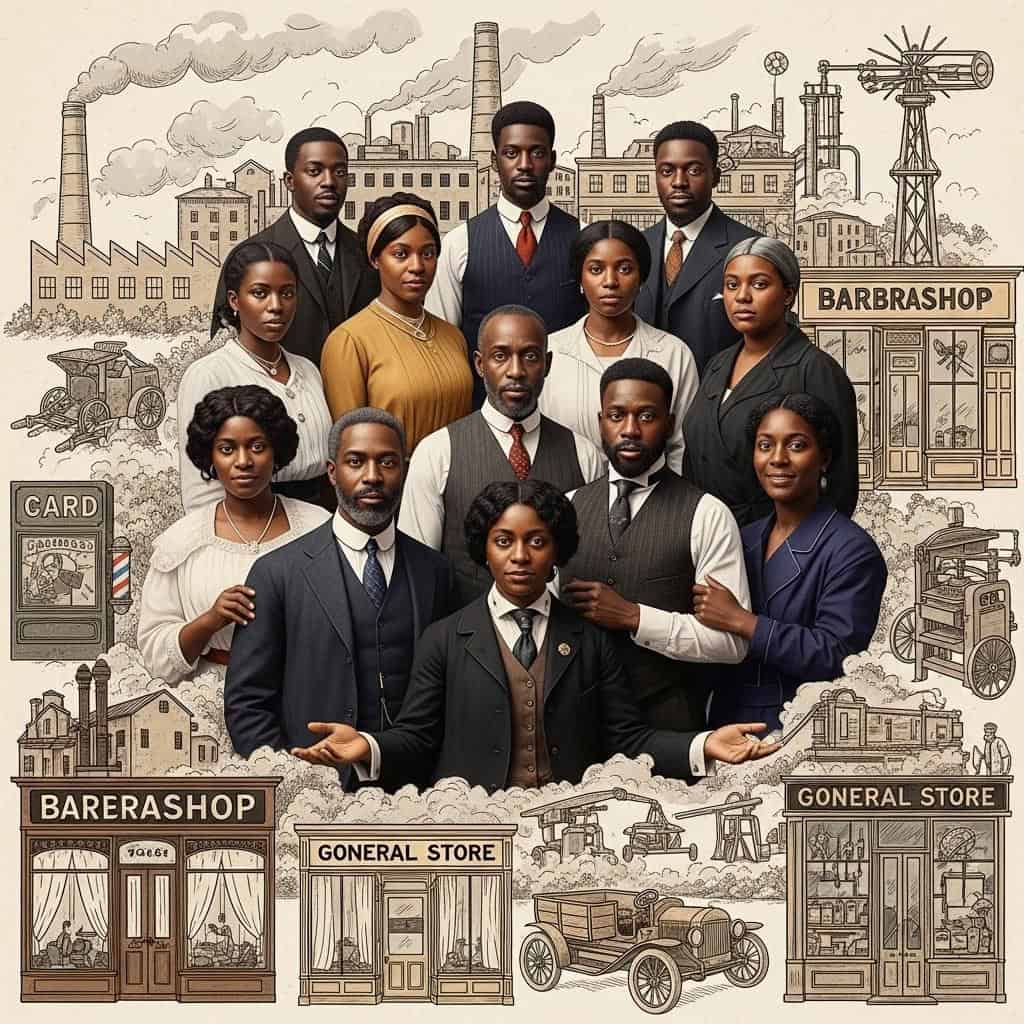
The pioneering spirit of these Black-owned businesses left an indelible mark on American society, transforming industries and uplifting communities against formidable odds. Their innovations and resilience laid the groundwork for future generations, fueling ongoing movements for economic equity and social justice. Today, their stories continue to inspire entrepreneurs and advocates striving for a more inclusive and dynamic economy. To explore further, visit resources such as History.com and Smithsonian Magazine.






